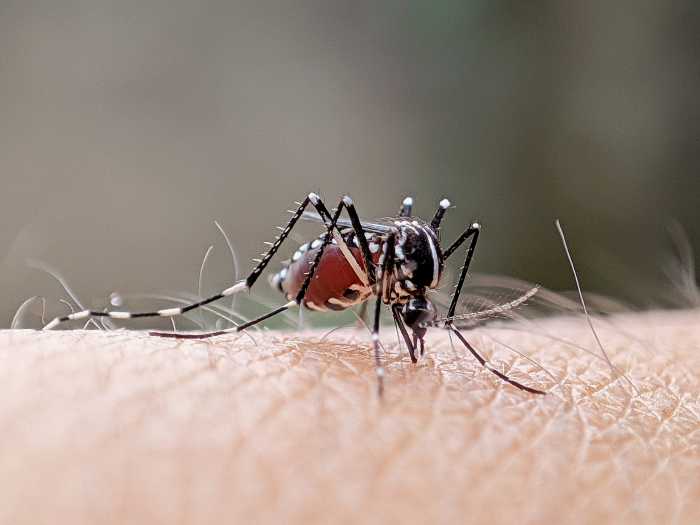If it seems like it’s just harder to roll out of bed every morning when the temperature drops and sunrise comes later, you’re not imagining things – and you’re not alone. Whether they have chronic fatigue, seasonal affective disorder (SAD) or an old-fashioned case of the seasonal blues, many people experience fatigue when seasons change and the weather cools.
Fatigue is common, with up to 50 percent of adults reporting feeling chronically tired according to several recent surveys. In fact, at least 20 percent of doctor visits are made by people looking for relief from fatigue, one study reports. The season’s effect on fatigue and depression is well-known, with the American Academy of Family Physicians reporting six out of every 100 Americans suffer from winter depression or SAD.
"Shorter days, darker skies, colder weather, poor sleep habits, and the stresses that come with the busy holidays and months at the end of the year can leave many people feeling fatigued and depressed at this time of year," said Dr. Elin Ritchie, a specialist in family alternative medicine.
Even if your case of the seasonal blues is mild, it still makes sense to take steps to help yourself feel better – prolonged fatigue and depression can affect your overall health. Here are some tips for fighting fatigue:
* Get as much (safe) sun exposure as possible. Open drapes and blinds as soon as you get up to allow sunlight into your home. If you can, take a morning walk. Get as much time outdoors as your schedule and the weather permit. Sunlight stimulates the production of vitamin D in your body and also benefits your mental health. Remember, though, to use sunscreen, as the sun’s ultraviolet rays can still damage your skin, even in winter.
* Stick to a reliable sleep schedule as much as possible. Go to bed and rise at the same time every day. And make sure your bedroom is conducive to sleep – declutter, choose comfortable and comforting linens, and turn off the TV.
* Choose foods that are high in protein. Fruits and vegetables provide many healthful benefits and definitely belong in your diet. But for long-lasting energy, you’ll get more benefit from lean protein (like chicken and fish) and complex carbohydrates such as whole-grain bread or beans. Avoid too much sugar, no matter how tempting those holiday treats appear – sugar’s energy rush is usually followed by an energy drop that can leave you feeling more fatigued.
* Find ways to relax. The cooler seasons can be a very stressful time and stress can keep you awake at night. To combat natural levels of stress, find activities that relax you, whether it’s container gardening indoors, meditation or aromatherapy. Relieving stress can help improve sleep patterns.
It’s also important that you support your immune system, especially during cold and flu season. Fatigue can lead to illness. "New studies show that sleep deprivation has detrimental effects on the immune system," says Ritchie. "Researchers believe that sleep should be considered a vital part of immune function, as it is clear that sleep and immunity are directly related."
Deficiency in anti-inflammatory interleukin-10 is a key factor in the cause of Chronic Fatigue Syndrome, according to an article recently published in the Journal of Clinical and Vaccine Immunology.
"This time of year can be exhausting for many reasons," Ritchie notes. "But a few simple lifestyle changes, healthful diet and immune system support can help you feel more energized throughout the season."
Courtesy ARA


































